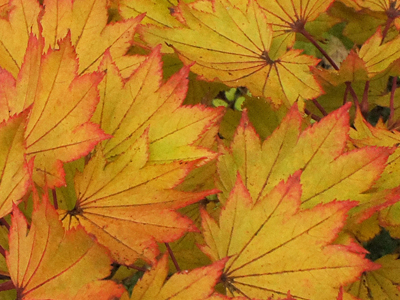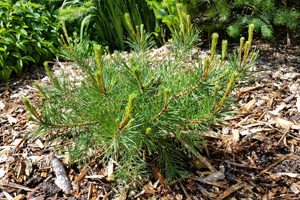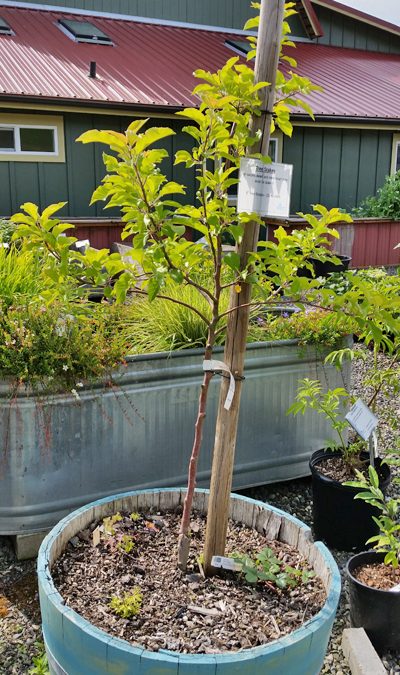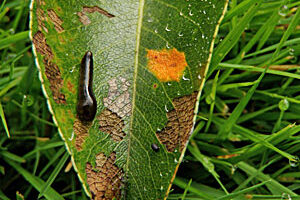
Inside the Internship: Sean McWay
By Sarah Miller Last month I spoke with intern Sean McWay, a Missouri native, about his time at Cloud Mountain Farm Center. Sean is drawn to the joys of being outside, working with his hands, and the scientific inquiry farming can provide. This is an unsurprising coincidence as his most recent previous educational experience ended […]

The Best Time To Plant
I wanted to expand on my last post about summer planting. A more general question we get in the nursery at Cloud Mountain is “when is the best time to plant?” In our maritime climate, you can plant almost any time of year. But as I discussed in the last post, summer planting means more […]

Summer Planting
We’re often asked by customers if they can plant this time of year, or should they wait for fall. The simple answer- you can plant if you can water. Having said that, it is best not to plant during a real heat wave, when daytime temperatures are in the mid-80’s or higher. Put your plants […]

Inside the Incubator: Slanted Sun Farm
By Sarah Miller, Cloud Mountain Farm Center Intern Recently I had the pleasure to speak with Anna Morris of Slanted Sun Farm about her experience as an Incubator Farmer at Cloud Mountain Farm Center. The Incubator Farm Program is dedicated to maintaining and improving the local food system in Whatcom County by leasing land to […]

Growing in Containers
We talk to many people these days that want to grow perennial and woody plants in containers. Maybe because they live in an apartment or condo, and don’t have a yard, or because they find it easier to manage. But growing plants in containers is actually a little trickier than growing in the ground. Some […]

Pear Trees Problems
We’re hearing that many people are seeing problems on their pear trees this year. One pest that seems to be showing up is pear blister mite. This little mite overwinters in the bud scales on the trees, waking up as the trees break dormancy, then feeding on the leaves during the growing season. Because the […]
